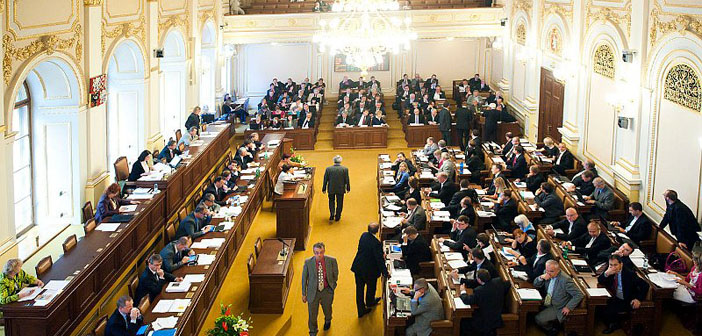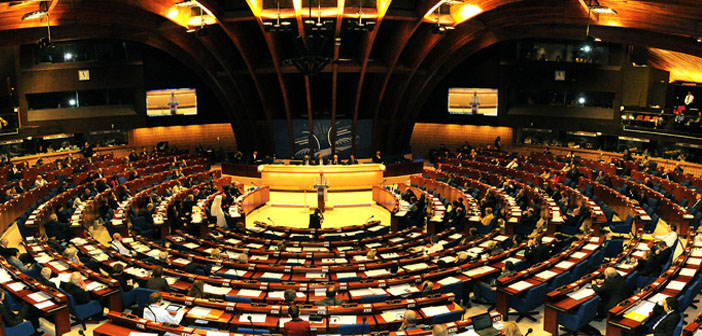The decision of Bundestag is a message for Turkey above all. Would Turkey take it as a message? Highly unlikely, but Germany's attitude is really meaningful and important for Armenians.
German
Reich was the top ally of Ottoman Empire during World War I. Such
that, Reich's legal successor Germany's attitude concerning the
Armenian genocide is important. Indeed, President Erdoğan's
reactions and the common declaration of AKP, CHP and MHP is an
obvious sign of this sensitivity.
For years, Germany had been indifferent to the Armenian Genocide. Minister of Foreign Affairs Joschka Fisher visited the Genocide Memorial in Yerevan on April 2004 and this seemed like a beginning of a change. As a matter of fact, Bundestag passed a decision in 2005, a year after that visit. Though German Reich's complicity was openly expressed in this decision -which is something that Turkey hasn't done so far-, the title contained “Vertreibungen und Massaker", deportation and massacre, instead of term "genocide". Moreover, the decision demanded Turkish parliament, government and society recognize their attitude toward Armenians now and in the past.
In 2015, Turkey still hadn't confronted its past yet, except from a small proportion of the society. More importantly, Turkey didn't want to do it. High school textbooks published on September 2014 are striking examples to this fact. All of these developments was considered by Armenians in Germany, as well as by the media organs and politicians in Turkey.
On the other hand, by 2015, all neighboring countries of Germany has recognized the genocide, except from Denmark. Even Austria, the legal successor of Ottoman ally Austro-Hungarian Empire, took this step on April 2015. In sum, Germany became isolated.
On April 2015, we witnessed some unprecedented developments in Germany. First, on April 23, German President Joachim Gauck defined 1915 as genocide and referred to Germany's historical responsibility. The next day, Manfred Lammert became the first German parliamentary speaker who did the same. All politicians who took the floor, including Cem Özdemir, expressed that they share Lammert's opinion.
While Armenians and others were waiting for the decision of Bundestag, the refugee crisis caused a long waiting process. Green Party initiated a session in Bundestag on February 25, which saved the day. Christian Democrats, Social Democrats and Greens agreed on a common resolution. The title of this resolution contains the term “genocide” and this is also a first in Germany. Though the parties emphasized that this decision is only a determination over and over again, Turkey wasn't satisfied.
Some people who share the official Turkish attitude sent some letters to German parliamentarians which “prove” that it was not genocide and some of them even posed threats. Let me make a note on this point. The exhibition on the genocide, which was organized by German-Armenian society, was attacked by some unidentified people. Some circles cannot endure such organizations.
On the other hand, some people and foundations from Turkey demanded Bundestag recognizes the genocide. Armenians have been doing it for a long time. While Turkey keeps oppressing Germany, Armenian President Sargsyan made a call to Bundestag through Bild, the German newspaper with the highest circulation. Sargsyan demanded Bundestag passes the resolution.
The decision of Bundestag is a message for Turkey above all. It seems that they try to say, “I was your top ally in 1915 and I had a hand in what happened. I recognize and acknowledge my history and you should do the same.” Would Turkey get this message as it is? Highly unlikely, but Germany's attitude is really meaningful and important for Armenians.





